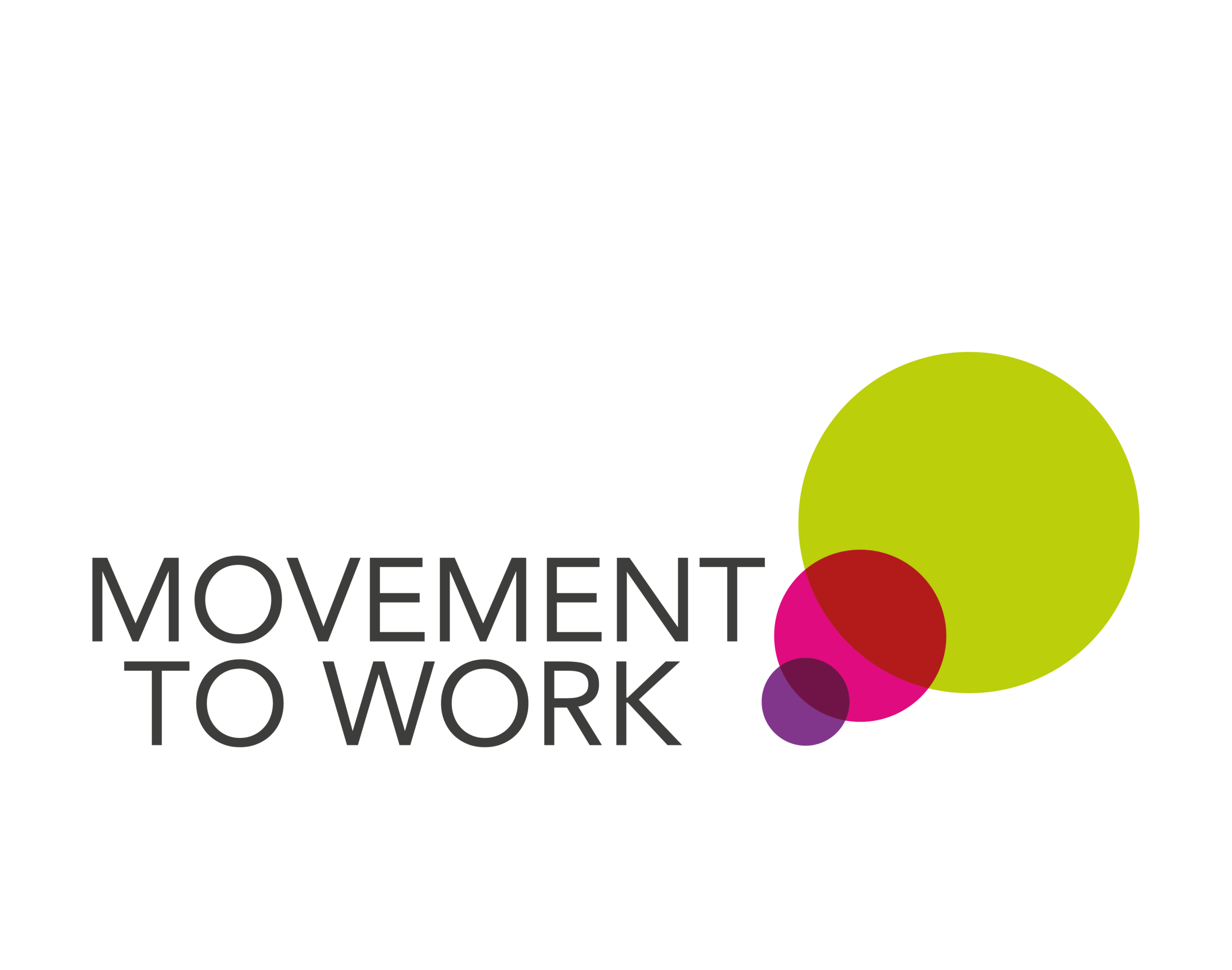According to the Social Market Foundation (SMF), fraud is now the most common crime in England and Wales. It costs the UK economy £137bn a year and generates countless amounts of misery for its victims. What’s more, it’s growing rapidly, largely due to our increased collective presence online – which is where the majority of fraud takes place.
Irrespective of common stereotypes, fraud affects all age groups and most demographics fairly evenly. Younger people are slightly more likely to be victims of fraud than older people.
Despite the growth of fraud, and its cost to society, very limited police resource is dedicated to tackling the problem. According to official statistics on the police workforce in England & Wales, just 1,753 officers and staff in 2021 were primarily focused on economic crimes such as fraud – amounting to just 0.8% of the total police workforce. This proportion has seen very little movement in recent years, despite the surge in such crime that has taken place.
Additionally, it is not just individuals who are subject to fraud. Her Majesty’s Treasury (HMT) has been subject to recent criticism for failing to tackle fraud related to fake businesses claims and Covid loan fraud to the tune of £4.9bn.
A Guardian article discussing this can be found via this link. The SMT news commentary can be found here, while a full House of Commons Treasury Committee report on Economic Crime can be accessed here .






 A gender equality campaign group has urged employers not to ask candidates about their salary history as it believes this contributes to the gender pay gap.
A gender equality campaign group has urged employers not to ask candidates about their salary history as it believes this contributes to the gender pay gap.